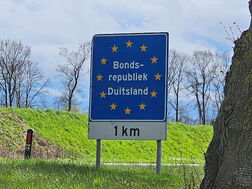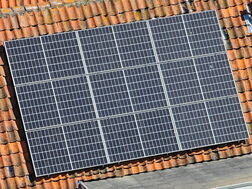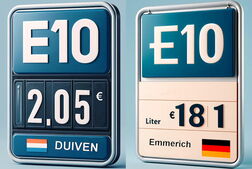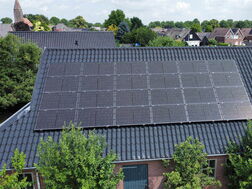Emmerich am Rhein · Due to lower tax rates on fuel and tobacco in Germany, petrol stations near the border are witnessing a significant increase in customers from the Netherlands. This trend has far-reaching effects on local business and consumer behaviour.
The border regions of Germany are currently experiencing a real influx of foreign customers at their petrol stations. This is primarily caused by the attractive price differences in petrol and diesel, which result from the different taxation rates in Germany compared to its neighbouring countries. While fuel prices in Germany are partly characterised by lower taxes and duties, neighbouring countries like the Netherlands struggle with higher rates.
These price differences have led to a phenomenon often called "fuel tourism." In this trend, motorists cross the border to benefit from the lower prices. This trend is not new but has intensified during economic uncertainty and rising energy prices.
The economic implications for the German border regions are twofold. On the one hand, local petrol stations and adjacent retailers benefit from increased sales due to foreign buyers. On the other hand, the high frequency of fuel tourists often leads to congested roads and a greater burden on local infrastructure.
The discussion about taxes is central to this debate. In Germany, the energy tax levied on fuels is significantly lower than in many neighbouring countries. Additionally, value-added tax is also applied to the sale price of fuels. These tax rates are crucial in pricing and directly influence consumer purchasing behaviour.
The varying taxation within the EU raises questions regarding a harmonised tax policy. Some experts argue that aligning tax rates could curb fuel tourism and ensure a fairer competitive situation.





